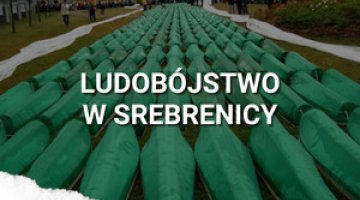Bosnia and Herzegovina: another power struggle between the High Representative and Serbian politicians
On 13 April the National Assembly of Republika Srpska (RS) adopted a resolution on carrying out a referendum on the legality of the laws imposed by the High Representative for BiH, particularly the regulations regarding the competences of courts and the prosecutor's office at the central level of the state. This decision is part of a policy consistently pursued by RS of questioning the position of the High Representative for BiH and the competences of the central authorities and their influence on the situation in RS.
The resolution was adopted at the initiative of the president of RS, Milorad Dodik. He claims that the central prosecutor's office is involved in many more cases of war crimes against Serbs than Bosnians and Croats, which proves this institution is biased. The parliament's decision was strongly criticised by representatives of international institutions, including the head of EU diplomacy, Baroness Catherine Ashton, the High Representative Valentin Inzko himself and the European Parliament Reporter on BiH Doris Pack, as a threat to the stability and unity of the country. The resolution is the most likely not to come into force and will be blocked by the National Chamber of Republika Srpska (the higher chamber of the parliament of RS).
The actions taken by the authorities of RS are above all aimed at diverting attention from increasing internal problems. Furthermore, they prove the lack of real impact the international community has on the situation in BiH. Given the fact that after the election held in October 2010, the attempts to establish the government of BiH on a central level have not yet been successful, the position of the government of RS is now clearly more powerful. With regard to this it can be expected that in the immediate future other similar incidents will occur. They will be a test to see how far the authorities of RS can go in taking over competences of the central authorities of BiH and not expose themselves to repercussions from the international community. <MarSz>





